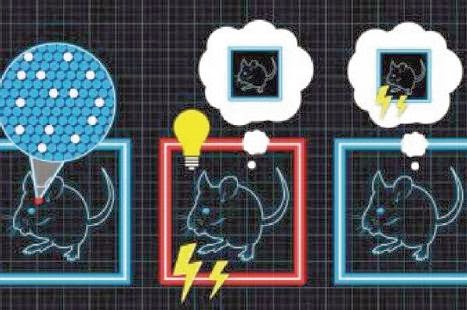Reading into the Science: The Neuroscience and Ethics of Enhancement

By Shweta Sahu Image courtesy of Pexels . I was always an average student: I was good, just not good enough . I often wondered what my life and grades would be like if I’d had a better memory or learned faster. I remember several exams throughout my high school career where I just could not recall what certain rote memorization facts or specific details were, and now in college, I realize that if I could somehow learn faster, how much time would I save and be able to study even more? Would a better memory have led me to do better on my exams in high school, and would my faster ability to learn new information have increased my GPA? Such has been the question for years now in the ongoing debates of memory enhancement and cognitive enhancement , respectively. I’m not the only student to have ever felt this way and I’m sure I won’t be the last. Technology and medicine seem to be on the brink of exciting new findings, ones that may help us in ways we’ve never before thought imaginable. Th...

